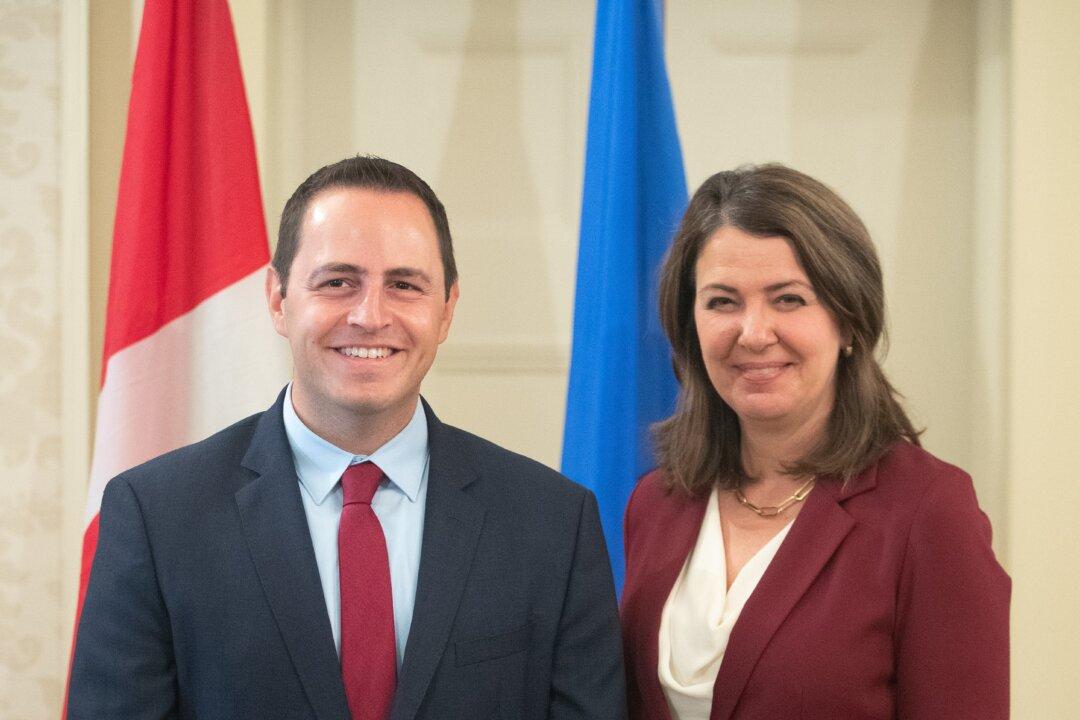Alberta’s Minister of Education Demetrios Nicolaides has been given comprehensive instructions to overhaul Alberta’s education program by Premier Danielle Smith, and parental choice in education is a significant objective.
The July 25 mandate letter advises Mr. Nicolaides to ensure Alberta children “receive a world-class education” and says the province needs to do a “better job” of equipping youth with the “skills and direction they need to find meaningful employment in the economy we are building.”





